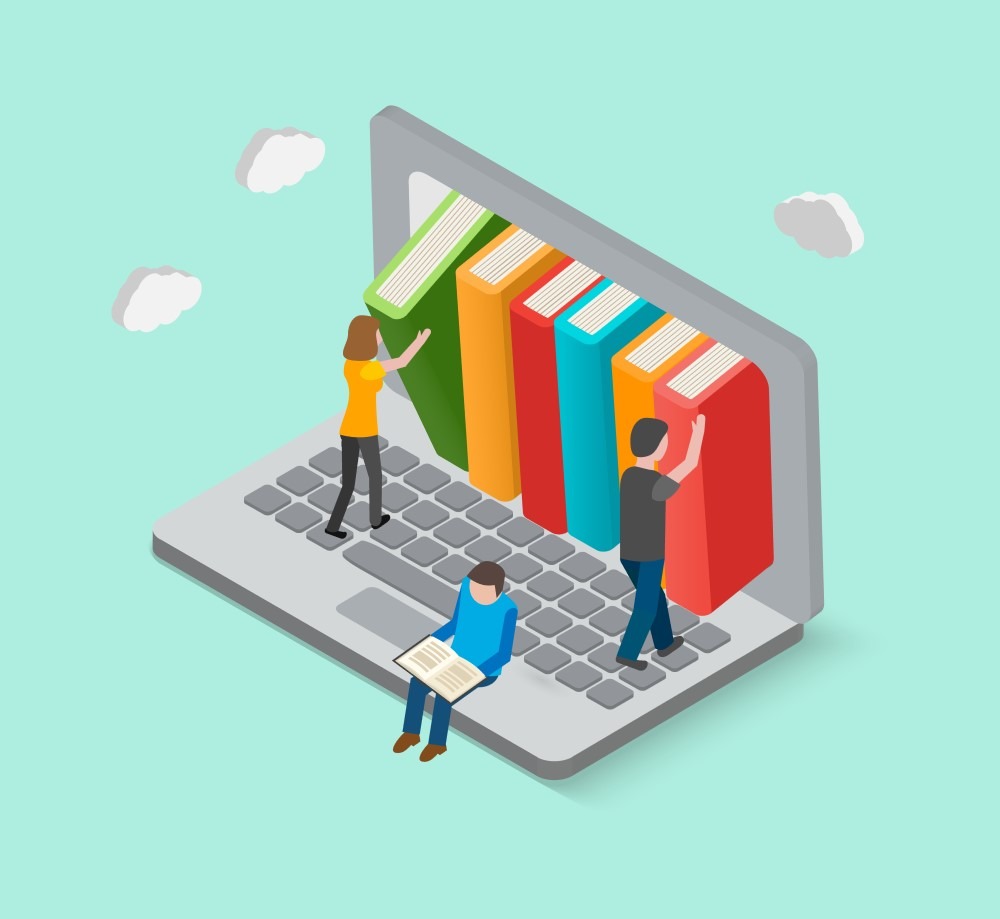EdTech App
EdTech App Development
We create elegant, scalable, and world-class EdTech solutions to help organizations like yours expand and accelerate their educational impact.

So, what exactly is an EdTech app?
An EdTech app (short for "education technology") is a mobile application that supports, facilitates, and improves education by merging technology with learning concepts.
Learning management systems (LMS; utilized in corporate, private, and academic contexts), self-led learning (i.e., independent language study), academic management platforms, and educator-student-peer communication portals are some EdTech app concepts. Furthermore, the EdTech sector is rising, with investments in EdTech nearly tripling between 2015 and 2018, with global mobile education spending expected to increase by $10 billion year on year in 2020.

What do EdTech App Development services entail?
Montcrest Software's EdTech app development services imply that we act as your technical partner in the creation of your EdTech web-based or mobile application, from concept and product strategy to design and software development. We go through the following steps with your app:
During the Discovery Phase, we combine our learned knowledge in designing EdTech apps with subject expertise to supplement yours. We design a good and verified product and commercial plan together.
Then we go on to the Design Phase, where we do extensive primary and secondary research and incorporate industry best practices into your app idea.
We next go on to the Development Phase, where we create your app to specification utilizing a parallel, module-based build process that assures seamless functionality.
Finally, during our QA Phase, we do extensive testing to guarantee that your EdTech app performs and looks just as you planned.

Best Practices for EdTech Mobile App Development
We adhere to the following best practices for EdTech Mobile App Development:
- Deep study into user personas and learning concepts to develop an EdTech app that promotes learning and engagement.
- Strong security to secure users' personal information, as well as adherence to minor federal and state privacy regulations.
- Users will be interested and motivated if the design is interactive.
- Integration with LMS, SIS, and OPM platforms is seamless.
- Use of artificial intelligence to accurately personalize the learning experience to the user and their progress, as well as add support resources (Q&A chat boxes).
